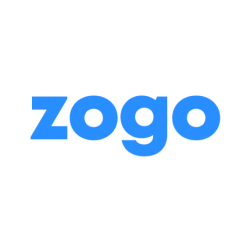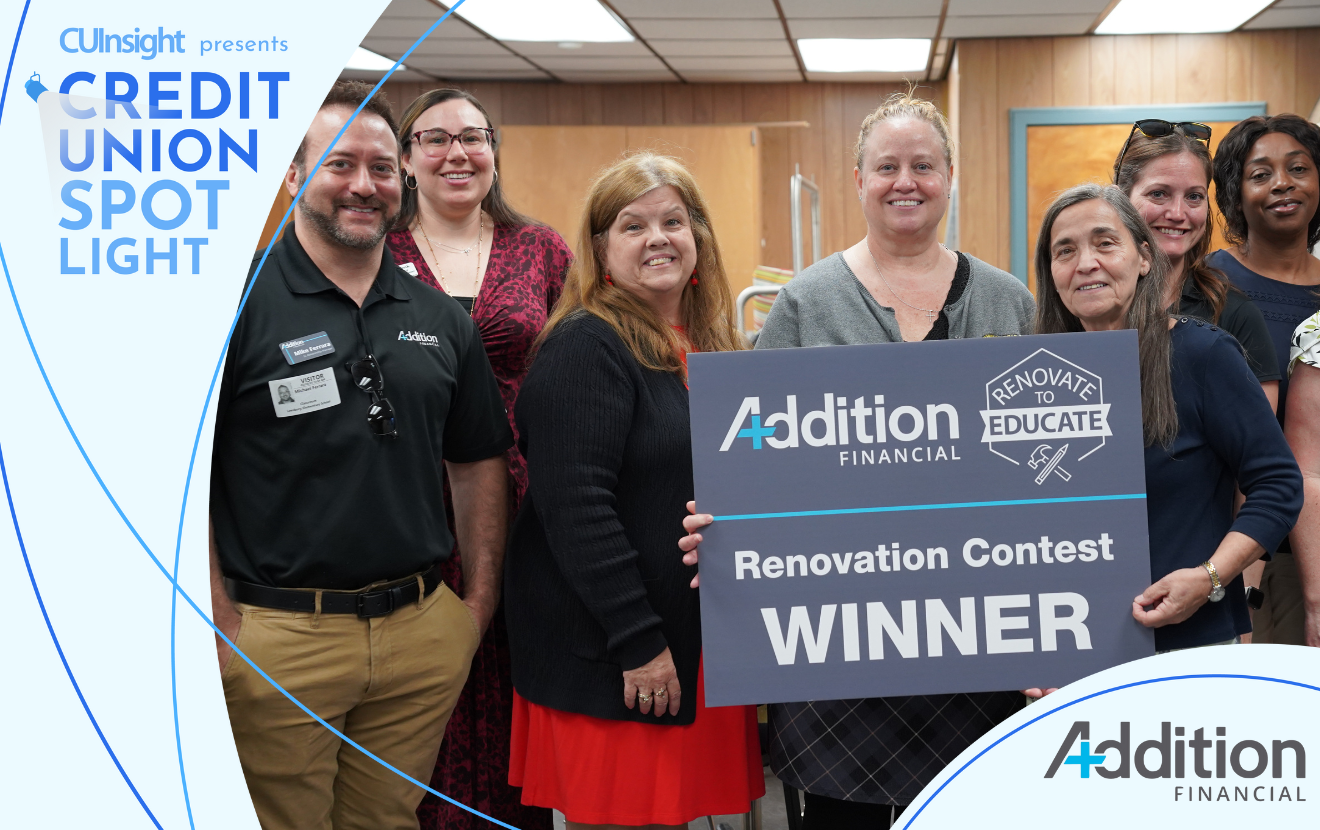Last month, my friend called me with the kind of news that makes your stomach drop: she found a lump.
Every woman knows that fear. The way time slows between the discovery and the diagnosis. The mental gymnastics of trying to stay calm while spiraling internally. After appointments and testing, we got the answer we were praying for—she’s okay. This isn’t the bad kind of lump. There’s a plan, a path forward, and a lot of gratitude.
But what followed surprised me more than the initial fear: a series of conversations about what it means to be a woman navigating our healthcare system. The miracle and the frustration of our bodies. The emotional weight of waiting. The laws that shape our access to care. Then one quiet realization, lodged in the back of my mind: Never once did we say, “Thank God you have insurance.” But we should have.
We were lucky—lucky she’s okay, lucky she has coverage, lucky that financial stress didn’t make a hard moment harder. Far too many people aren’t.
That experience made me think about all the other lumps—literal and metaphorical—that life throws our way. A job loss. A car wreck. A parent’s declining health. A global pandemic. A sudden hike in interest rates that sends a household budget into freefall. These aren’t just headlines or hypotheticals. They’re real disruptions that hit real people—your communities—and they rarely arrive with a warning.
While we can’t predict these moments, we can prepare for them.
In a time when trust in financial institutions is shaky and member loyalty is being tested by high-rate environments and digital competitors, being the partner that helps people prepare is more than a service. It’s a mission. It’s a differentiator.
So how can financial institutions show up for their communities when life does what life does?
- Maybe it starts with making emergency savings feel more achievable. Round-up programs, automated savings nudges, even personalized coaching—small steps that turn into big relief when it matters most.
- It might look like rethinking lending models to build in flexibility. What if a missed payment didn’t trigger panic, but opened the door to a conversation? A plan instead of a penalty.
- Perhaps it’s finding the balance between digital efficiency and human empathy. Yes, members want seamless tech, but sometimes, they also just want to feel like someone’s in their corner when their world feels upside down.
And maybe financial education isn’t a one-size-fits-all PDF. Maybe it’s timely, personal, and simple enough to make someone say, “I didn’t even know I needed that.” Because financial wellness isn’t always about having more. It’s about having enough—especially when the unexpected shows up.
We can’t prevent life’s hardest moments. But, we can explore ways to soften the landing so none of us have to face them alone—or broke.








